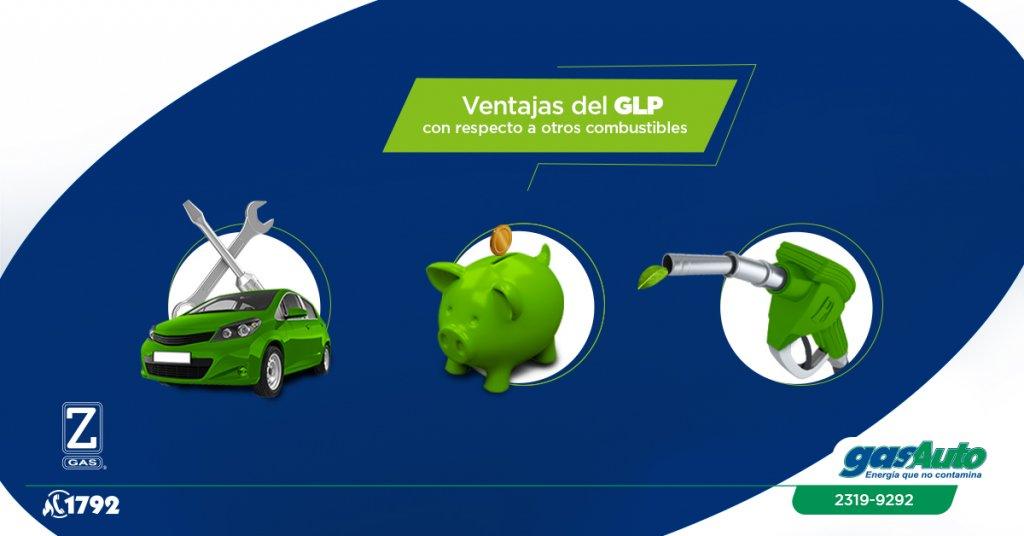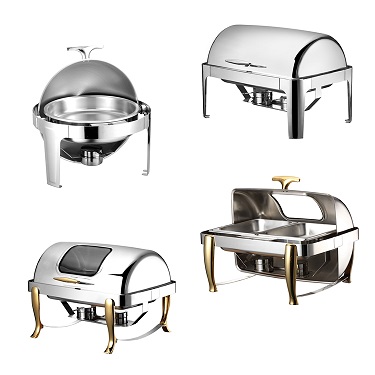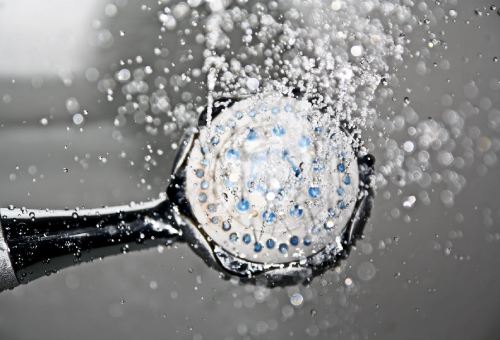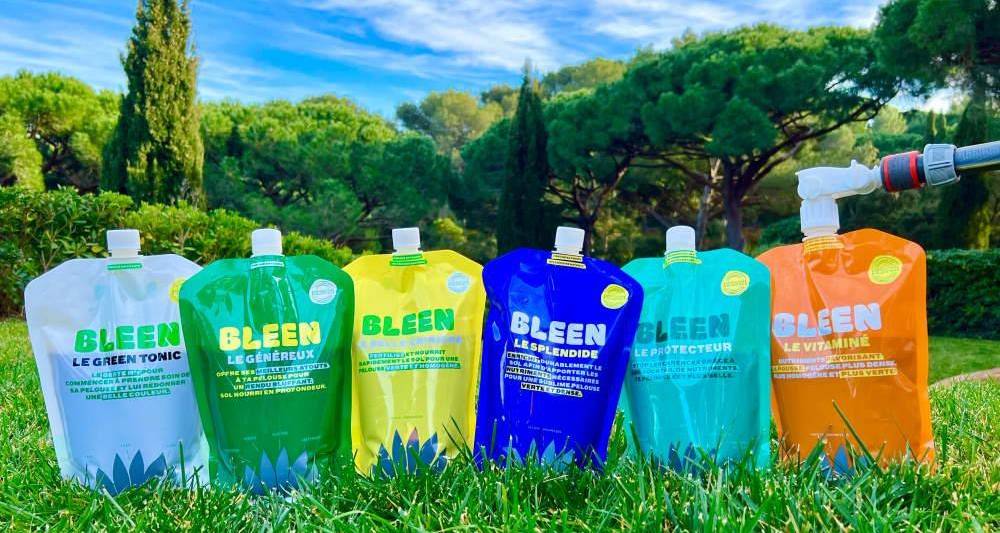LPG for today, hunger for tomorrow, advantages? ecological?
Today there is a lot of talk about LPG, Liquefied Petroleum Gas, as an alternative ecological fuel to diesel and gasoline throughout Europe and America. But before evaluating this option as a valid alternative, you should read this article to learn about the advantages and disadvantages of LPG. It must be differentiated from CNG, compressed natural gas, we will discuss that in another article.
It was the 90s, the price of gasoline was skyrocketing, the first serious anti-pollution regulations were born, people were afraid, there was no alternative, or was there?
The alternative was called diesel engines: the price of this fuel could be approximately 20% lower, or even more, than that of gasoline. To make matters worse, diesel vehicles consumed much less than gasoline at that time. If a gasoline easily reached 11 liters per 100 km, a diesel could drive 8 liters of consumption in the same vehicle. The situation posed a severe problem: the price of these bugs.
The difference between a diesel car and a gasoline one could be that acquiring a new vehicle could cost you between what today would be between 3,000 and 5,000 euros of difference in the same model, to top it off with worse performance, since it was rare that at the beginning From the 90s a 2.5 diesel would go from 90 CV when the gasoline gave you 130 CV with the same displacement.
But it suddenly occurred to the manufacturers to introduce the new turbodiesels, which gave you much more power than the old diesels and consumed less, so people, like crazy, began to acquire these vehicles regardless of the number of kilometers traveled. In addition, the EU had set the objective of reducing CO2 emissions, with which it was said that diesel was much less polluting than gasoline.

The reality is that the cities of Europe were stained with black clouds over the years and today the future of diesel is rather black. Today, luckily, we have serious alternatives to combustion vehicles, which are electric but, to keep the cow going, we are going to introduce a new fuel: LPG – saying exactly the same thing that was said in the 90s with diesel vehicles.
The first thing they tell you is the price. Currently it is around €0.60 – €0.70 per liter of liquefied gas, which is in direct conflict with €1.20 or €1.30 for a liter of gasoline. LPG sounds wonderful. They also tell us that until 2025 the government will not raise taxes on this fuel, so it still gives us security. Again the same story as always. What they don't tell us is that if people start using LPG the price will safely go up.
Now we are going to talk about the disadvantages of LPG that they will not tell you about.
Disadvantages of LPG
- Lower power of your vehicle: If you use LPG your vehicle will lose between 15 and 20% of its horsepower.
- Possible uselessness of a speed in the gearbox: as a consequence of the above, if you have a 6-speed gasoline vehicle, it is most likely that using LPG you will not be able to use 6th gear as you currently do. If your car today is driving down a highway at 130 km/h, with LPG it may not be able to maintain that speed, leaving your 6th gear completely useless.
- Greater consumption: As a consequence of what above you will need to give more gas to the engine, so consumption will increase, and it does not increase equally in all vehicles. In the Hyundai i10 the approved mixed consumption (not real) rises from 5.1 to 6.5 l/100 km. That is, a 28% increase. Do not forget that it is a small and light vehicle and if your vehicle weighs more, that percentage will be higher.
Now the question you are going to ask yourself is the following. When am I interested in buying LPG? Should I convert my car to LPG? In case of buying it, the answers are the following:
First, GO ELECTRIC! Look at the new models and if not the second-hand electric ones. In the event that you cannot purchase an electric vehicle, both for financial reasons and for not being able to have a charging point (if you live in a community it is very easy to install and is fully covered by the MOVEA plan) be patient, every day there are more and better EVs.
Next, let's compare various forms of mobility:
Electric mobility: 20 kWh/100 km of consumption; electricity price: €0.08 kWh. Very low price maintenance almost close to 0 in most cases Hybrid mobility: 3.9 L/100 km; gasoline price: €1.30/LPG mobility: 8.4 L/100 km; LPG price: €0.68/L Diesel mobility: 5 L/100 km; Diesel price: €1.20/LMobility Gasoline: 6.4 L/100 km; gasoline price: €1.30/L
| 100% Electric Mobility* | Hybrid Mobility* | LPG Mobility | Diesel Mobility | Gasoline Mobility | |
| €/100 Km | €1.60 | < td>€5.07€5.72 | €6.00 | €8.32 | |
| 100 KM maintenance | ? | €0.86 | €0.86 | €1.20 | < td>€0.86
Now, all you have to do is calculate how many kilometers you are going to do to find out which is the most profitable for you.









2131